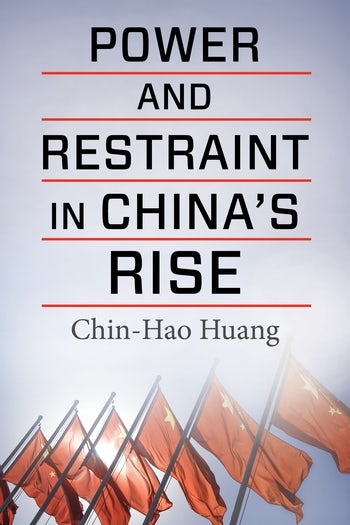
Greetings from the Australian National University, Strategic & Defence Studies Centre (SDSC) in Canberra, where Chin-Hao Huang, from Yale-NUS College is speaking on "Power and Restraint in China’s Rise". He pointed out that spending, as a percentage of GDP is falling for countries in the region is falling, so they can't be too worried about China. He suggests that collective influence of ASEAN is an alternative, being the only longstanding security architecture in existence. Professor Huang has influence not by confrontation, but consensus. I suggest this must be frustrating for the USA, Australia, and other western countries used to firmer military alliances, but is more suited to the nuances of the relationship with China.
Professor Huang outlined the Scarborough Shoal Dispute, which has been taken over by China, despite the Philippines invoking a defense pact with the USA. I suggest the problem is not so much a lack of US resolve, but not having an effective military response to grey-zone tactics. The US 7th Fleet is a very powerful military force, but a nuclear armed carrier strike group is ineffective against fishing boats crewed by militia. What are needed are large numbers of locally flagged, small paramilitary fisheries patrol and coastguard vessels, and aircraft, which can call in conventional military assets, when required. To prevent escalation, incidents can be characterized as a response to fish poaching, pirates, and other civilian criminal activities.
Professor Huang contrasted the Scarborough Shoal situation, with Hai Yang Shi You 981 standoff, between Vietnam and China. He characterized the latter as a success for regional pressure, without US engagement. Later he pointed out that Vietnam has experience in responding to China, both politically and militarily.
Professor Huang ended by reminding us that there is policy debate in China, and the actions of other countries can give support to this who favor restraint by China.
No comments:
Post a Comment